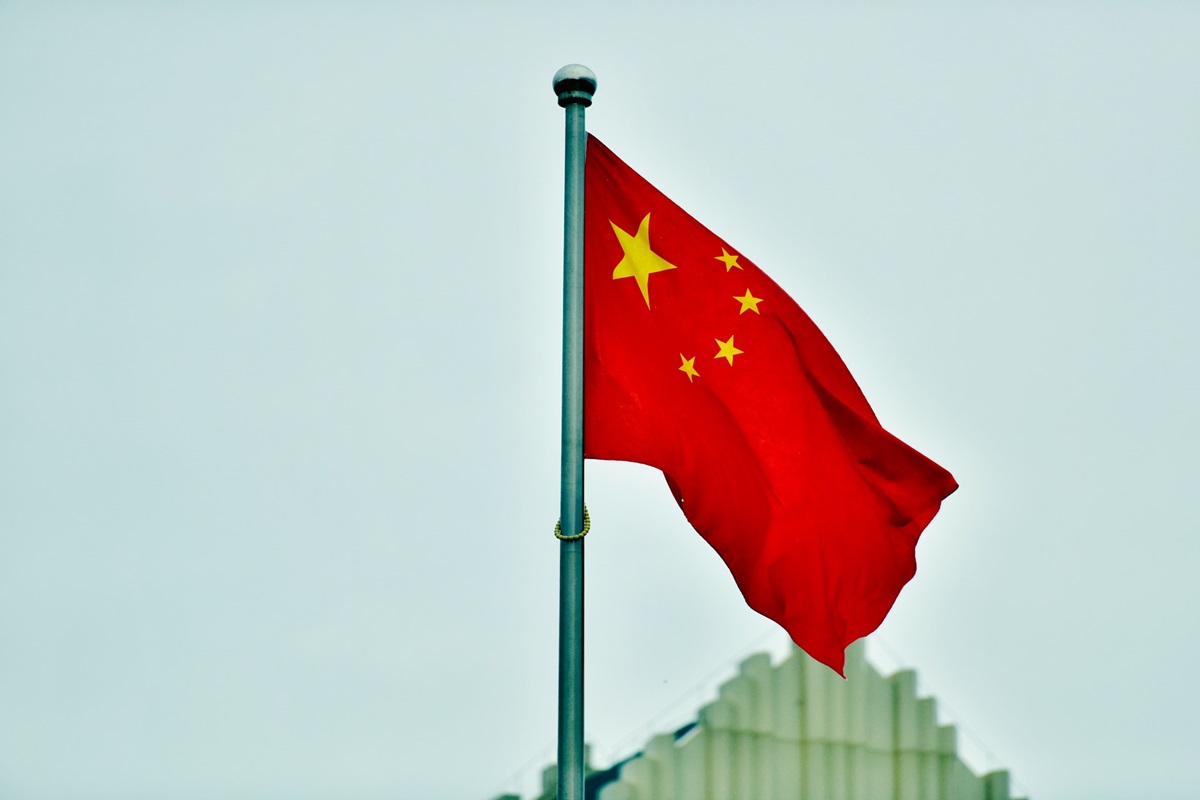According to October results, retail sales and industrial production volumes were recorded in China, which exceeded initial expectations.

On Wednesday, November 15, the National Bureau of Statistics (NBS) released information according to which retail sales in the mentioned Asian country last month showed an increase of 7.6% compared to the same period in 2022. This result exceeded the expectations of analysts surveyed by the media, who predicted a positive dynamic of 7%. It should be noted that in October 2022, restrictions related to the coronavirus pandemic were still in effect in China, which reduced consumer activity.
The volume of industrial production in the Asian country at the end of October showed an increase recorded at around 4.6%. Analysts interviewed by the media predicted a positive dynamic in this sphere at the level of 4.4%.
Also, in the first ten months of 2023, China recorded an increase in the volume of investments in fixed assets by 2.9% year-on-year. Analysts predicted a growth of 3.1% in this indicator.
Larry Hu, Macquarie Group’s chief China economist, said in a research note published on November 15 that the Asian country’s economic system continued to face problems last month. The expert noted that the pace of consumption accelerated on a low base. He also said that the Chinese real estate sector, which is currently in a difficult situation, in October became a factor with a negative impact on the entire economic system of the country, contributing to the slowdown of its growth.
According to the information published by NBS, investments in the development of the sphere of real estate in the first ten months of 2023 decreased by 9.3% year-on-year. In October, Beijing took several measures aimed at improving the situation in the mentioned industry, including easing the requirements for home buyers.
The real estate sector accounts for up to 30% of China’s gross domestic product. In October, Country Garden, the country’s former largest housebuilder, defaulted on its debts, failing to repay the bonds.
ING economists in a report released on November 15 noted that most of the hopes for China’s economic growth were associated with the retail sales sector. They stressed that the growth of the corresponding indicator, which exceeded analysts’ expectations, was recorded against the background of a low comparison base. In October last year, retail sales in China decreased by 0.5% compared to the same period of 2021. At that time, a quarantine regime was in effect in many cities due to the coronavirus pandemic.
Capital Economics in its report claims that the data on consumer activity in China for October, taking into account a modest base, indicate that the overall recovery of this country is slowing down, but has strength. The experts of the said company noted that the information on consumption volumes indicates that the Chinese economic system was trying to restore the growth momentum, which turned out to be not as weak as many believed. The Capital Economics report also contains a statement on the restoration of consumer confidence in the Asian country.
Analysts at Goldman Sachs argue that the NBS data indicate that the current state of affairs in China’s economic system can be described as ambiguous. They stated that they would not make changes to their forecast of the growth of the economy of the mentioned country by 5.6% in the fourth quarter of this year compared to the same period in 2022.
Special attention should be paid to the fact that the October data take into account the eight-day holidays, called the Golden Week. This is one of the main vacation periods in China. Data on travel and expenses during the eight-day holidays did not meet the expectations of the government of the Asian country.
In October, China also recorded a drop in consumer prices, which exceeded analysts’ expectations. Against this background, Beijing returned to deflation, and there were renewed concerns about the prospects of the world’s second economy. The fall in prices mainly concerns the food sector, especially pork. Economists say that this trend reflects weak consumer demand.
As we have reported earlier, HSBC CEO Says About Increasing Diversification Away From China.









